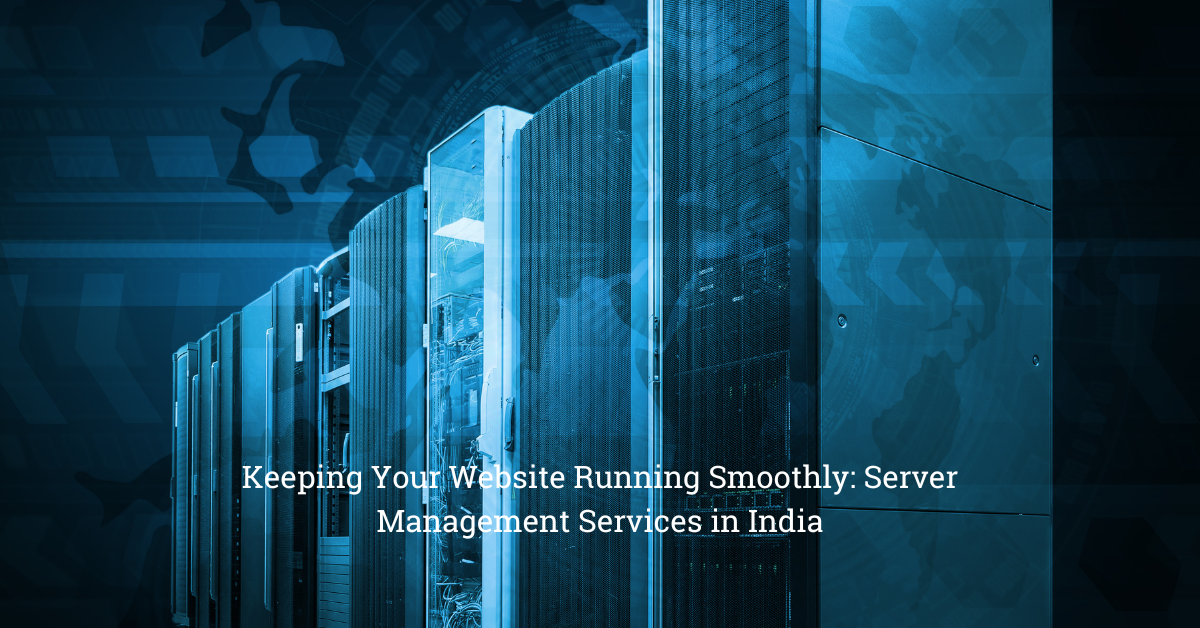Monitoring your server is vital for maintaining a smooth and efficient eCommerce web hosting experience. When you run an online store, you depend heavily on your web server’s performance. If your server goes down or experiences issues, the consequences can be devastating—missed sales, damaged reputation, and lost customers. By implementing effective server monitoring, you can proactively address potential problems and ensure a reliable platform for your business.
One of the primary benefits of server monitoring is the ability to detect and resolve issues before they escalate. With real-time insights and alerts, you can identify anomalies such as high resource utilization, unusual traffic patterns, or server errors. By receiving notifications about these issues, you can take timely action, whether it’s tightening security protocols, optimizing website performance, or scaling your resources to accommodate increased demand. This proactive approach helps maintain customer satisfaction and trust.
Another aspect of server monitoring is performance optimization. Your monitoring tools provide valuable data on server load times, uptime percentages, and user engagement metrics. By analyzing these insights, you can pinpoint potential bottlenecks or slow-loading pages that may hinder your customers’ shopping experience. For example, if monitoring reveals that a specific page is consistently slow, you can take steps to optimize it, ensuring swift access for your visitors. Enhancing your website’s performance not only improves user experience but can also positively impact your search engine rankings, leading to more organic traffic.
Security is a major concern for eCommerce businesses, and server monitoring plays an integral role in maintaining a secure environment. Cyber threats are becoming increasingly sophisticated, and without constant vigilance, your website could fall victim to attacks like DDoS or data breaches. Monitoring tools allow you to track visitor behavior, detect unauthorized access attempts, and implement security measures such as firewalls or rate limiting. By being aware of potential vulnerabilities, you can fortify your server against attacks and protect sensitive customer data, building trust in your brand.
Moreover, server monitoring provides a solid foundation for data backup and recovery plans. Regular monitoring helps you keep track of your data storage status and any changes that may occur. In the unfortunate event of a server failure or data loss, having a backup process in place allows you to restore your eCommerce website quickly with minimal disruption. This aspect of monitoring can save you both time and money, ensuring that your business can rebound effectively.
Finally, server monitoring aids in better resource management. You’ll be able to analyze your resource usage patterns—such as CPU, memory, and disk space—allowing you to allocate your resources more effectively. Whether it’s scaling up during peak shopping seasons or optimizing for cost-efficiency during slower periods, understanding your usage helps you adapt to your business’s needs.
After all is said and done, implementing effective server monitoring can significantly enhance your eCommerce web hosting experience. By proactively addressing issues, optimizing performance, bolstering security, ensuring data integrity, and managing resources effectively, you set your online store up for long-term success. Embracing server monitoring is an investment that pays dividends in the form of increased sales, customer satisfaction, and operational efficiency.

